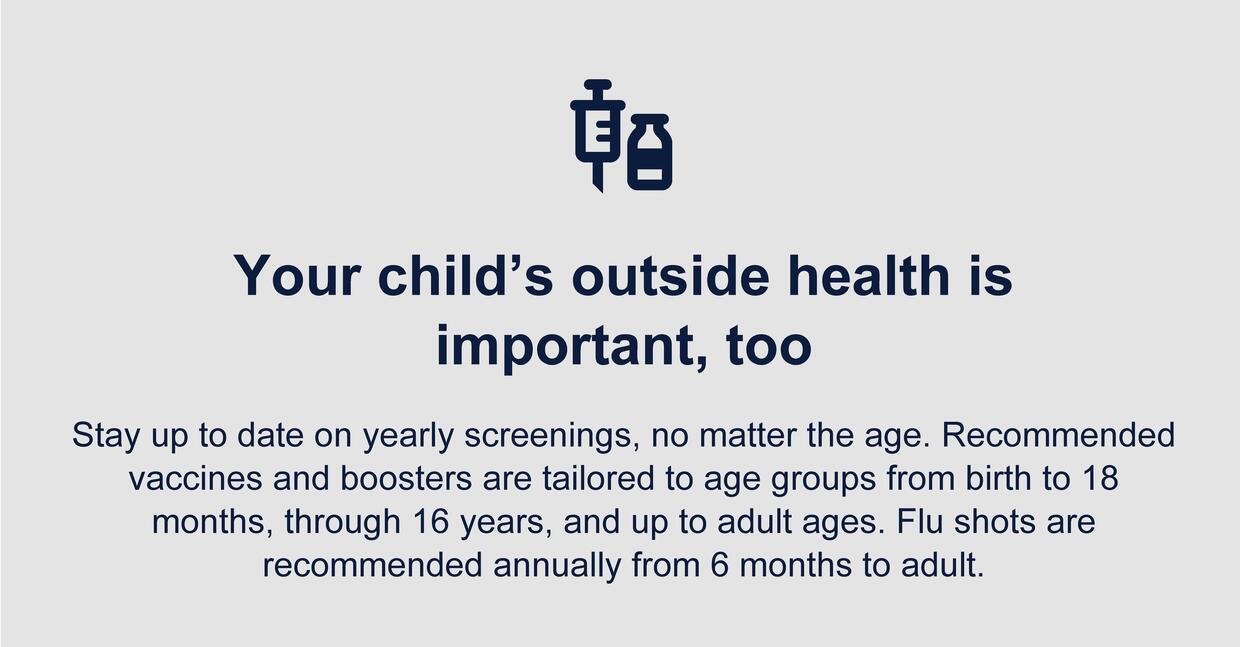- Group Insurance Commission

While you pull together all the tools and supplies for the school year, don’t forget to help prepare for your student’s mental health with Mass4YOU. During the back-to-school period in 2025, several mental health concerns are emerging for students of all ages, shaped by evolving educational environments, societal pressures, and family dynamics.
Key concerns include:
- Academic and peer pressure
- Social isolation
- Family and economic stressors
- Especially for high school and college students: eating disorders, substance abuse, transitions from home to campus and back
_________________________________________________________________________________________
Parents can play a powerful role in supporting their children’s mental health during the back-to-school transition. Here are some practical and compassionate ways to help:
1) Open and ongoing communication
- Ask open-ended questions like “What was the best part of your day?” or “What’s something that felt hard today?”
- Listen without judgment — Sometimes kids just need to vent without immediately being offered solutions.
2) Establish routines
Predictable routines help reduce anxiety. Set consistent times for:
- Waking up and going to bed
- Homework and screen time
- Meals and relaxation
3) Normalize mental health conversations
- Talk about emotions openly and model healthy coping strategies
- Let them know it’s OK to feel nervous, sad, or overwhelmed — and that these feelings are normal and manageable
4) Watch for warning signs
- Changes in sleep, appetite, mood, or social behavior can be red flags
- If you notice persistent sadness, withdrawal, or academic decline, consider reaching out to a school counselor or mental health professional
5) Encourage balance
- Help your child balance academics, extracurriculars, and downtime
- Avoid overscheduling and emphasize the importance of rest and play
6) Promote healthy digital habits
- Set boundaries around screen time, especially before bed
- Encourage tech-free family time to foster connection
7) Be a role model
- Show how you manage stress and talk about your own feelings in age appropriate ways
- Kids learn a lot by watching how adults handle challenges
8) Stay involved with school
- Attend school events, parent-teacher conferences, and stay in touch with teachers
- Being engaged shows your child their education and well-being matter to you

